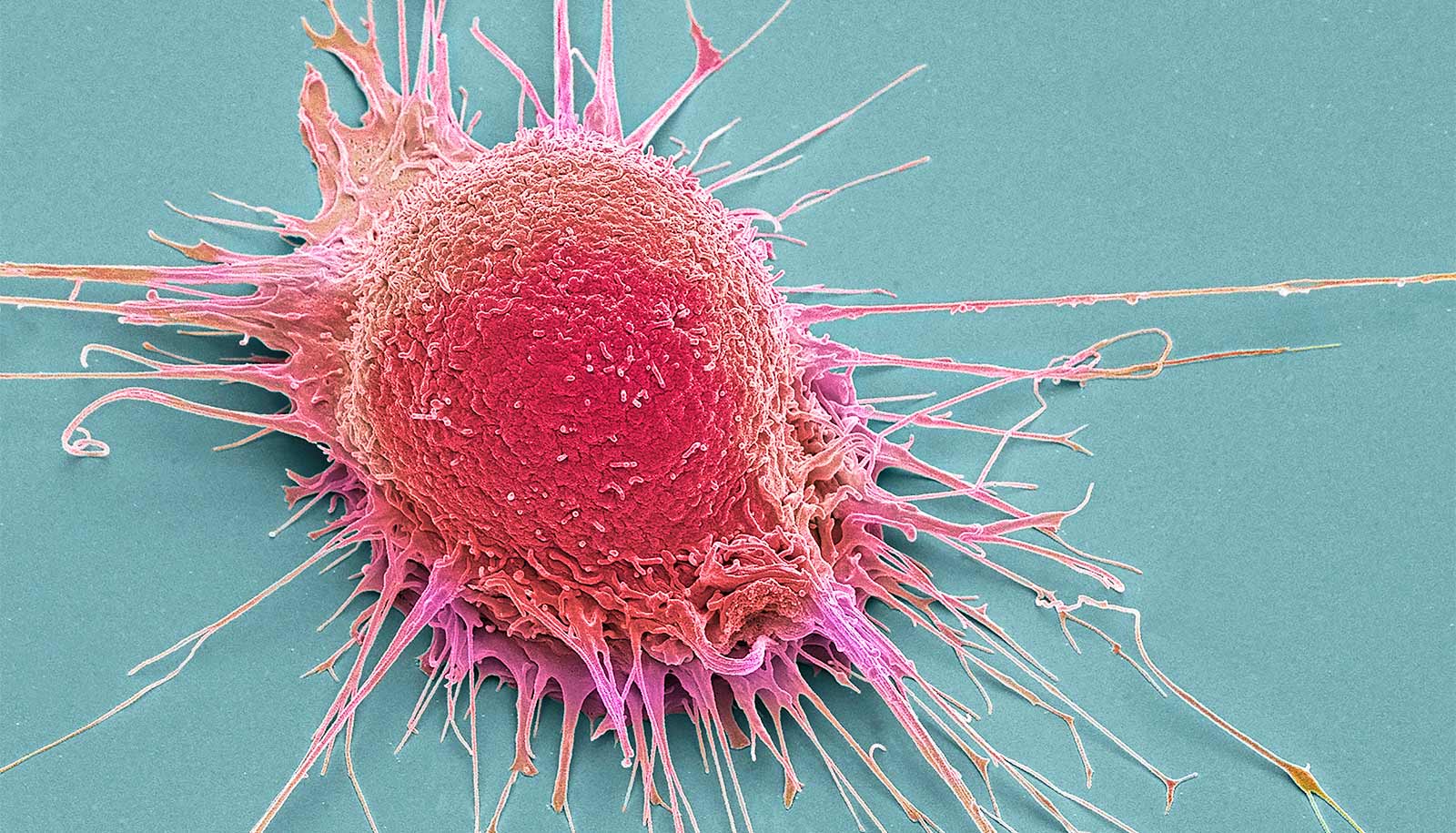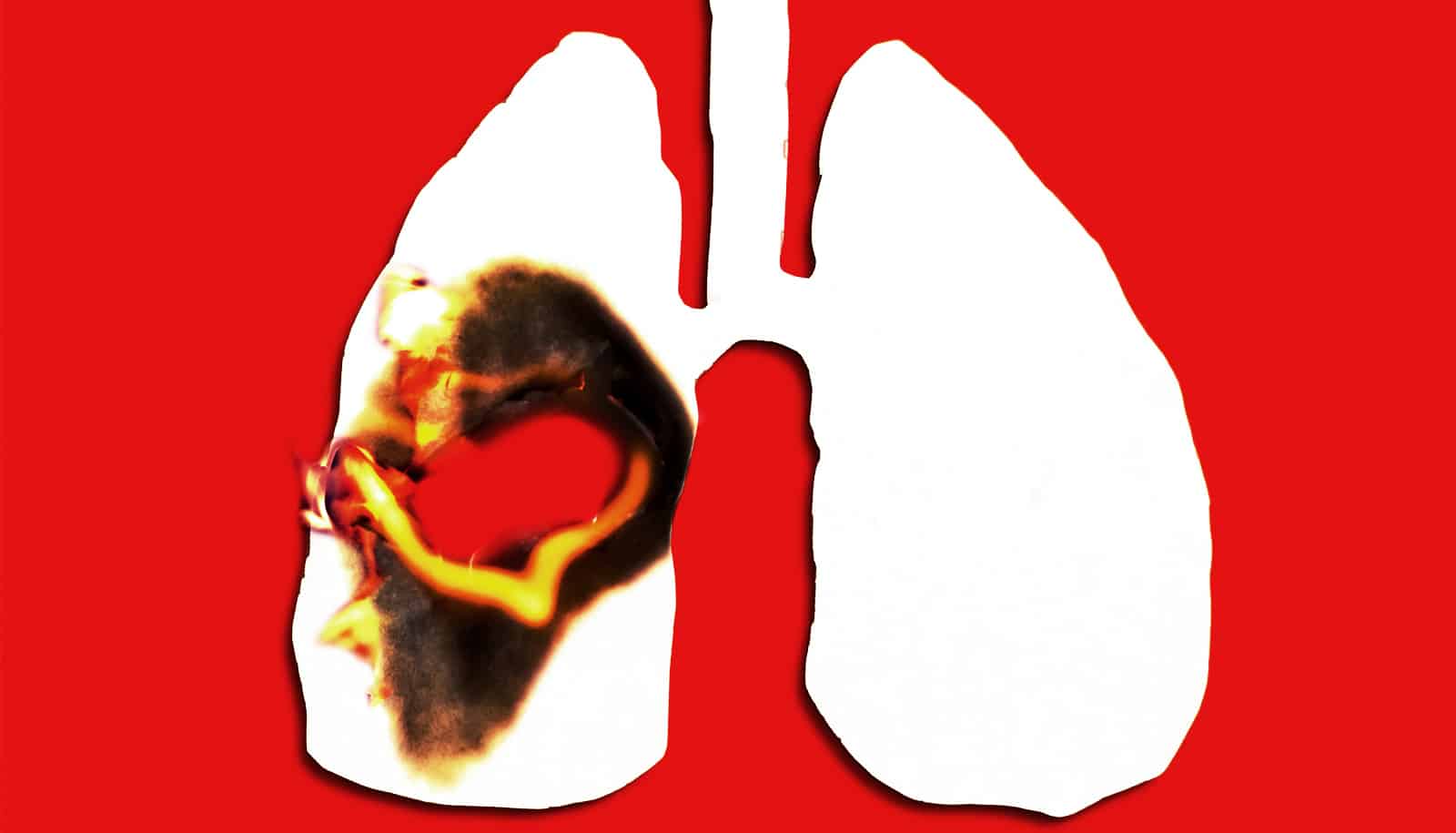In a new pilot study, researchers have confirmed that inflammation in the blood plays a key role in “chemo brain.”
The finding could lead to a new way of identifying inflammatory biomarkers in cancer patients and then treating inflammation with medications or exercise to improve cognition and other symptoms, says senior author Michelle C. Janelsins, associate professor of surgery in the Cancer Control and Survivorship program at the Wilmot Cancer Institute at the University of Rochester.
Chemo brain, or cancer-related cognitive impairment, is estimated to impact 80 percent of people in treatment. Patients report fogginess, forgetfulness, and difficulty with multitasking and other problem-solving skills.
The preliminary research is believed to be among the first studies to look at cancer patients in active treatment and whether inflammation is involved in their chemo brain symptoms.
Results show that among 22 breast cancer patients taking chemotherapy, those with higher levels of inflammatory biomarkers in their blood did worse on neuropsychological tests for visual memory and concentration.
Researchers discovered that one particular biomarker for acute inflammation—tumor necrosis factor-alpha—was the strongest indicator of cognitive problems. Generally, higher levels of inflammation can be caused by cancer, its treatment, or other health problems; but, until lately, little had been known about the interplay of inflammation, cancer, and quality of life.
Lots of breast cancer patients suffer from chemo brain
A study released last year showed that women with breast cancer continued to report cognitive deficits for as long as six months after finishing treatment. That study not only validated that chemo brain was pervasive, but researchers also began parsing the data to understand the biological mechanisms, such as inflammation, that may put some patients at greater risk for chemo brain.
“I’m happy that my team’s research is starting to shed light on what might be causing cognitive problems in patients with cancer,” says senior author Michelle C. Janelsins, associate professor of surgery in the Cancer Control and Survivorship program at the Wilmot Cancer Institute at the University of Rochester. “And I’m hopeful that we’ll be able to come up with treatments in the future.”
The researchers report their findings in the Journal of Neuroimmunology.
AnnaLynn Williams, a doctoral student in the epidemiology division and a researcher in Janelsins’ lab, is the study’s first author.
Source: University of Rochester



